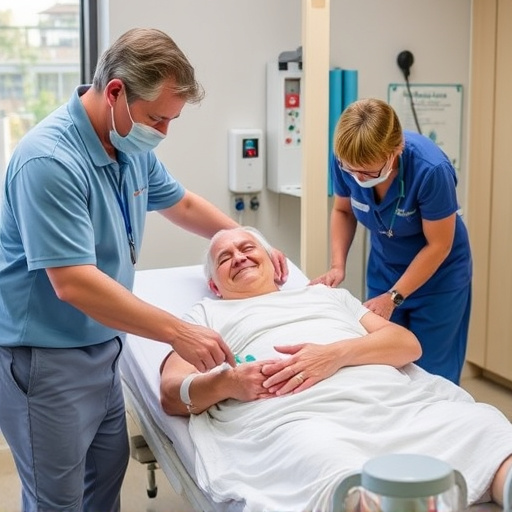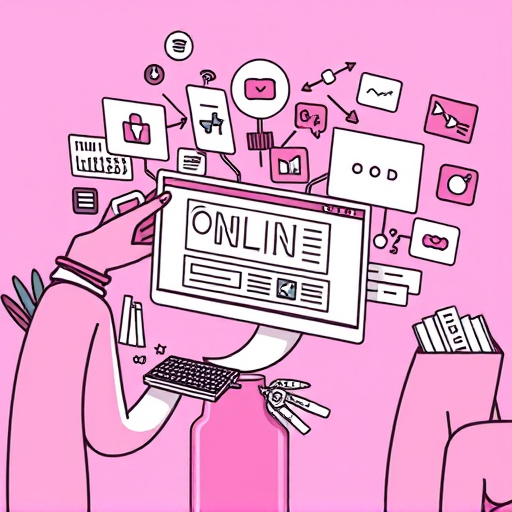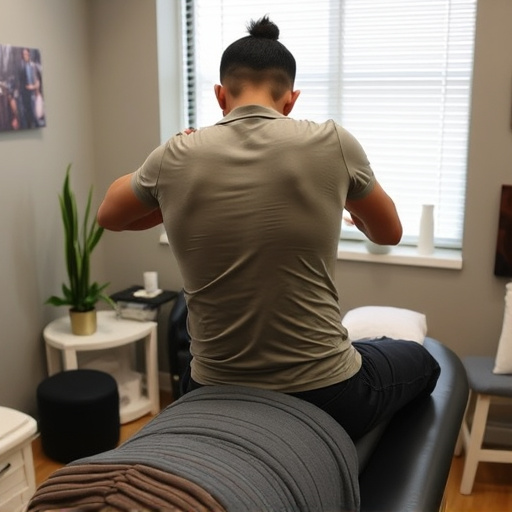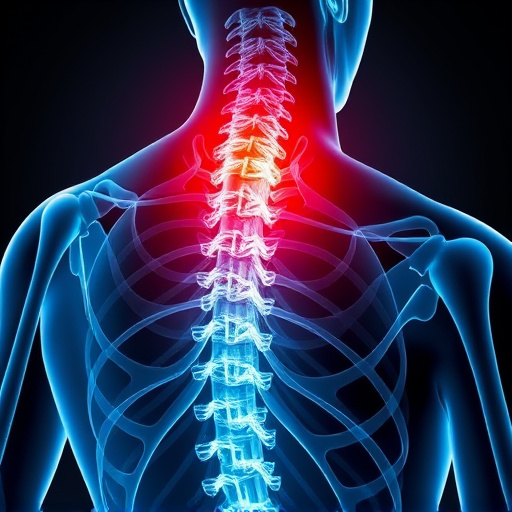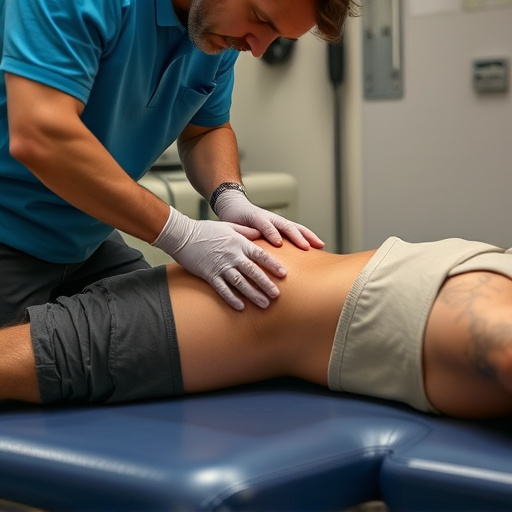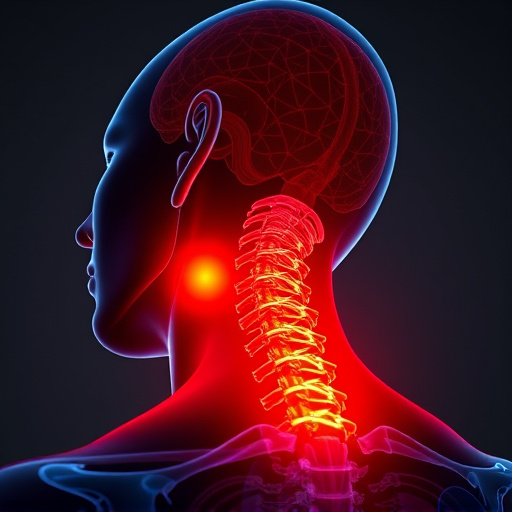Chronic pain management emphasizes non-pharmacological approaches like physical therapy, yoga, meditation, and alternative therapies to reduce opioid reliance. Tailored exercises, balanced diets, quality sleep, and techniques like acupuncture and mindfulness improve symptoms and treat root causes of chronic pain conditions.
Chronic pain can be a debilitating condition, but managing it without relying on opioids is feasible. This article explores non-pharmacological approaches, including lifestyle changes and holistic practices, that offer effective solutions for chronic pain relief. We delve into alternative therapies such as acupuncture, chiropractic care, and cognitive behavioral therapy, providing insights into their benefits. Discover how these strategies can transform your quality of life and offer lasting pain management without the risks associated with opioid medications.
- Exploring Non-Pharmacological Approaches for Chronic Pain
- Lifestyle Changes and Holistic Practices for Management
- Alternative Therapies and Their Efficacy in Pain Relief
Exploring Non-Pharmacological Approaches for Chronic Pain
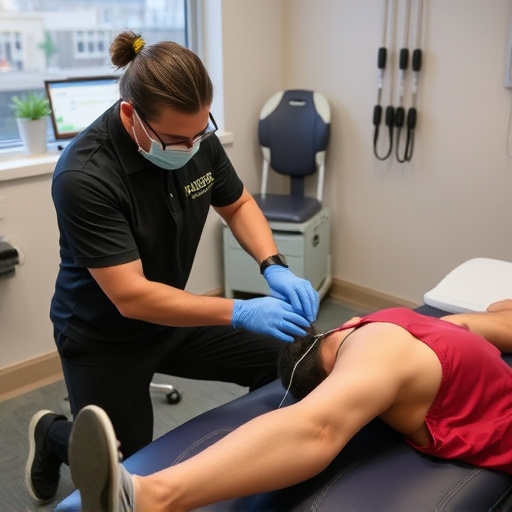
Chronic pain management goes beyond traditional pharmacological solutions, especially considering the growing concerns about opioid medication reliance and abuse. Exploring non-pharmacological approaches offers a promising alternative for patients seeking long-term relief from conditions like lower back pain or herniated disc treatment. These methods focus on holistic strategies to enhance chronic pain management, aiming to improve mobility and overall quality of life.
One such approach emphasizes physical therapy, which can be highly effective in managing chronic pain symptoms. Tailored exercises and manual therapies help strengthen muscles, improve posture, and increase flexibility, all contributing to better pain control and a reduced need for opioid medications. Additionally, mind-body techniques like yoga, meditation, and biofeedback have gained recognition as valuable tools in chronic pain management, offering patients natural ways to manage their symptoms and restore a sense of control over their lives.
Lifestyle Changes and Holistic Practices for Management
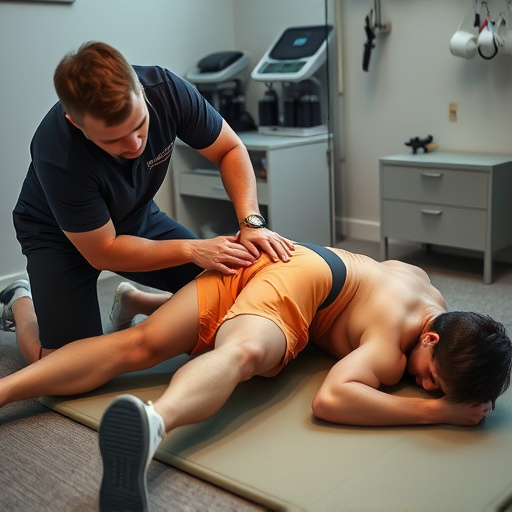
Chronic pain management goes beyond medications, and lifestyle changes play a pivotal role in finding lasting relief. Adopting a holistic approach can significantly impact managing persistent joint pain and other forms of chronic conditions. Simple adjustments like regular exercise tailored to individual needs, maintaining a balanced diet rich in nutrients, and prioritizing quality sleep can aid in reducing pain intensity. These practices strengthen the body’s natural healing mechanisms and improve overall well-being.
Additionally, exploring alternative therapies such as spinal adjustments, massage, or even shockwave therapy for pain can offer joint pain relief. These holistic practices target specific areas of discomfort, promoting relaxation and improving mobility. By combining these techniques with a healthy lifestyle, individuals can effectively manage chronic pain without relying heavily on opioid medications.
Alternative Therapies and Their Efficacy in Pain Relief
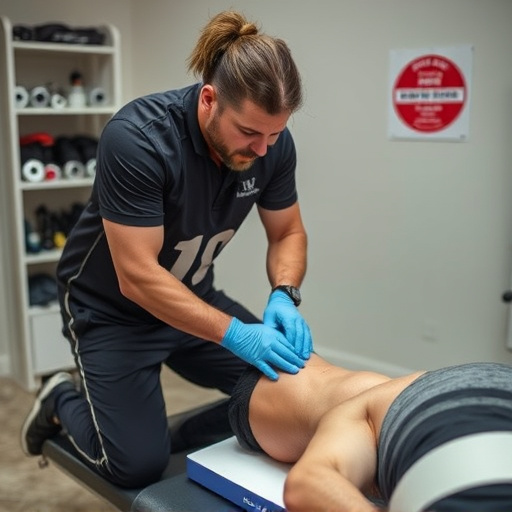
Chronic pain management offers a diverse range of alternative therapies that can effectively alleviate symptoms without relying on opioids. Techniques such as physical therapy, acupuncture, and mindfulness meditation have shown promising results in treating conditions like soft tissue injuries and muscle recovery. These methods focus on addressing the root causes of pain rather than merely masking symptoms. For instance, physical therapy exercises specifically target muscle strengthening and flexibility, which can be particularly beneficial for herniated disc treatment.
Acupuncture, an ancient practice, stimulates specific points in the body to release natural painkillers and reduce inflammation. Studies have indicated its effectiveness in managing chronic lower back pain. Additionally, mindfulness meditation helps individuals develop coping strategies by teaching them to recognize and accept pain sensations without judgment. This mental approach can significantly improve quality of life for those dealing with persistent pain conditions.
Chronic pain management doesn’t have to hinge on opioid medications. By exploring a diverse range of non-pharmacological approaches, adopting lifestyle changes, and embracing holistic practices, individuals can effectively alleviate their symptoms and regain control over their lives. From physical therapy and mindfulness techniques to alternative therapies like acupuncture and massage, there’s a multitude of options available. Integrating these methods into a comprehensive care plan offers a sustainable and safer route towards managing chronic pain, enabling folks to live more comfortable and fulfilling lives.




